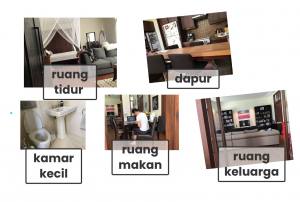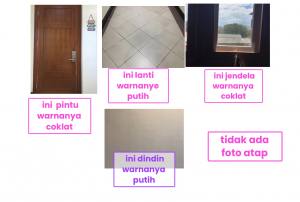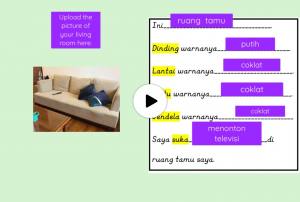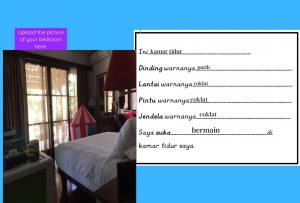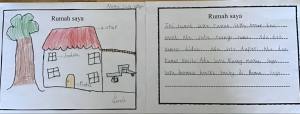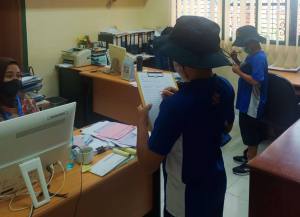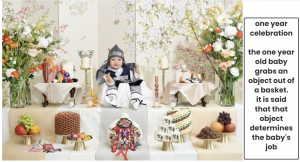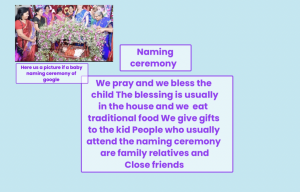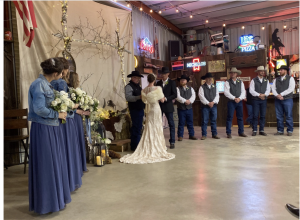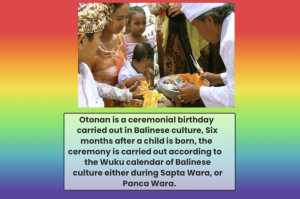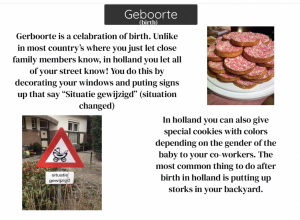Primary eNews – Sept 17, 2021
Learner Profile Competition!
The learner profile supports students in developing international-mindedness and in taking action for positive change. Exercising their agency, students take ownership of their learning, express their ideas and opinions, and reflect on their development of the learner profile attributes.
Students have a range of opportunities to develop, demonstrate and reinforce attributes of the learner profile in the daily life of the learning community. For example, these opportunities arise:
- as part of the school curriculum—through the transdisciplinary units of inquiry and through subject-specific investigations
- at home and in the wider community—interactions with family, friends, local businesses, sports clubs, interest groups. (The Learner, MYIB, 2018)
Below are some Learner Profile Bingo Cards. Take some time to choose one or more of the challenges with your children at home. Email me at pypcoordinator@baliis.net with an explanation or picture of you and your children building on the learner profile attribute you have chosen and you will be awarded ten house points. This competition will run until the end of term 1 (October 8th) Good luck and enjoy!
– Ibu Nadia, PYP Coordinator
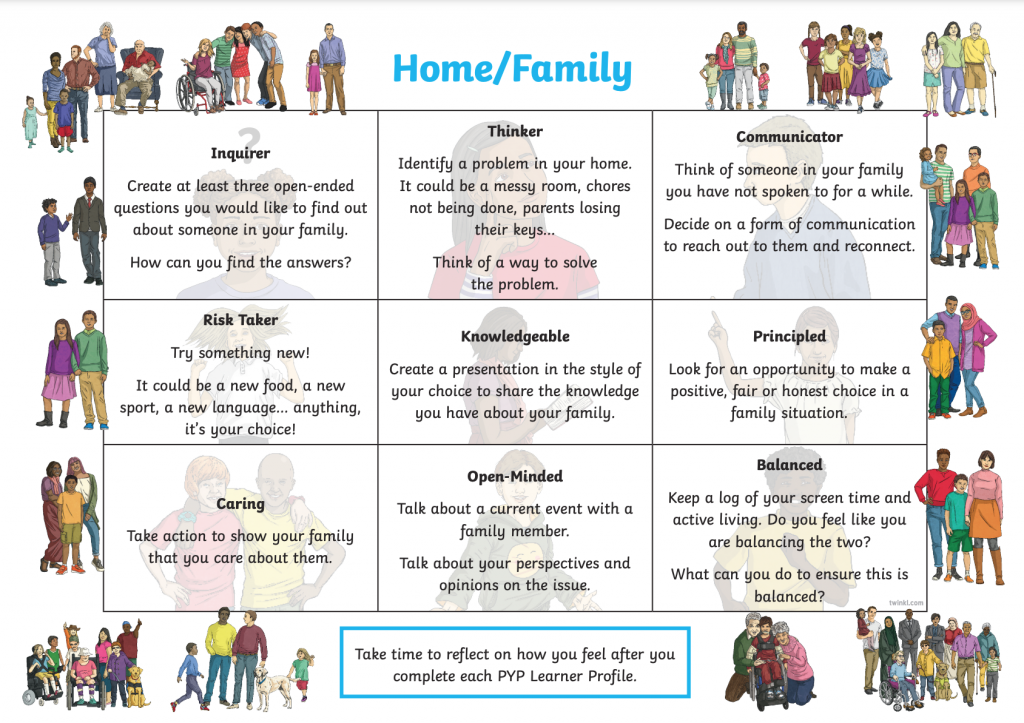
Grade 2 Indonesian B – My home
In the first unit of this year, Grade 2 Indonesian B students strengthen their language skills under the central idea ‘Homes reflect family values and culture’. We are supporting the class transdisciplinary unit; focusing on part of the building, rooms in the house, and favorite activities at home. To start with, students were introduced to some vocabulary related to the part of the building, rooms at home, and favorite activities at home.
Students demonstrated their knowledge and understanding of the vocabulary by walking around their house and labeling the rooms and part of the building.
During Zoom meetings, students improve their speaking and listening skills by listening and responding to simple questions using the questions word ‘Apa?( Lihat apa?), ‘Di mana?’( Kamu di mana?)’, ‘Dengan siapa’. (Dengan siapa di rumah?). They also show and tell the rooms in their house and their favorite toys in Indonesian.
Students also read aloud and comprehend the texts by responding to questions. For the writing activity, students use some strategies, such as continuing the blank sentences, following the sentence pattern, and guided writing to improve their writing skills.
Here are some examples of students’ work:
– Ibu Martina, Indonesian B
Grade 4 Interview Challenge
Grade 4 Bahasa Indonesia A students were challenged to do an interview on the very first day of coming back to school. Caz and Ben, the only students of Bahasa Indonesia A, showed that they were more than ready.
After a few weeks of learning how to address people in Bahasa Indonesia properly and how to ask some questions through stimulus, the day of practicing the speaking and listening skills finally came.
With a piece of paper on a clipboard, a pencil, and a water bottle, they visited the main office, IT room, and counselor office in Secondary school to find Indonesian staff to be interviewed. While conducting the health protocols, they succeeded in collecting the staff names, their hometown, and how long they have been working in BIS.
They spent about 40 minutes of class time by walking around the campus, exploring the corners they have never been before, and confidently interviewing the staff. What a tiring but fun day!
– Ibu Ina, Indonesian A
‘My Culture’ Session in Grade 5 Indonesian Studies Class
Celebrations are found in any part of the world in many different ways. This diversity is brought to the Grade 5 classroom through ‘My Culture’ sharing sessions in Indonesian Studies class.
It started with the presentation by Ibu Ina about Balinese Hindus’ 3-month baby ceremony. Grade 5 learned that the ceremony is to celebrate the baby’s development of their 5 senses: touch, sight, sound, taste, and smell. It is done on the 105th day (3 months old in the Balinese calendar) of the baby’s life.
There are 4-6 different presentations by different students every week. They researched and used any documentation found from the internet and even some personal documentation of their families to make the presentation more interesting. There are so many beautiful pictures and unique information. We even found that some cultures shared the same values but different ways to do it.
It is heartwarming to witness how the students asking questions, confirming the information they just received, expressing admiration and respect towards the different cultures.
Here are some screenshots of the students’ presentations. – Ibu Ina, Indo Studies.
“The People’s Perpustakaan” Project
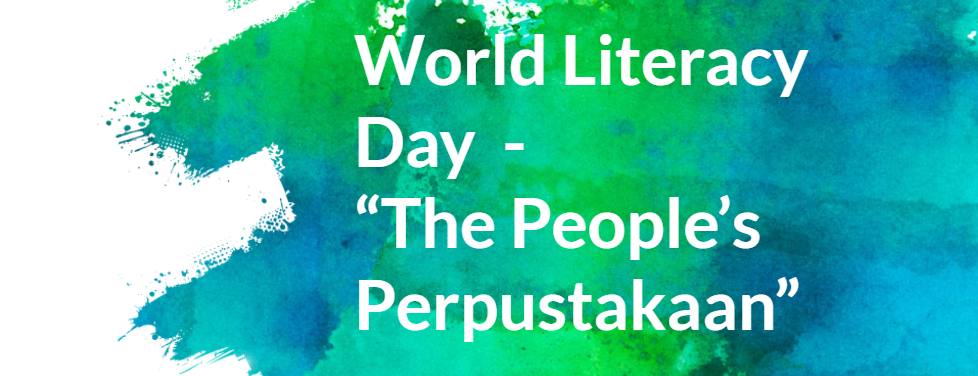
On World Literacy Day (falling on Wednesday, September 8th this year), BIS was presented with a project for the community spearheaded by the library and the BIS marketing department called “The People’s Perpustakaan”. This project aims to help educate and provide learning/reading resources to the local Balinese community in Sanur and will double as an MYP “Service as Action” opportunity as well. Check out this video and slideshow for more information and for ways you can contribute. As things progress, we will update the BIS Community but please feel free to reach out with suggestions, assistance, and general curiosity anytime.
-Mr. Marshall, Librarian
From the counselor’s corner

Visit the Counselor’s corner at BIS for a new story on social and emotional well-being.
We are back in school and most of us are excited and happy, most of the time…but not everybody is happy all of the time.
Read in this article how you can support your child who is anxious or sad when going back to school. Every change has its positive and negative effects. Some children will miss home, where they were so comfortable and safe with their family during the day. In school, there are rules to stay safe and healthy, and they might question how to follow them and if everybody is following them. At the same time, they are excited to see their friends and teachers face to face again. This confusion is normal and we as adults are there to help them handle the confusion of feelings.
Read Caroline Miller’s article on Counselor Corner at BIS on
How to help kids handle fears and gain independence

